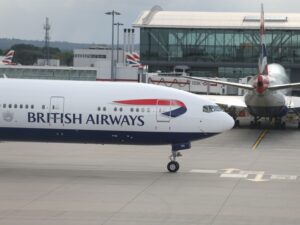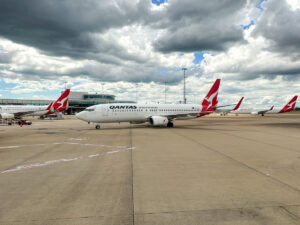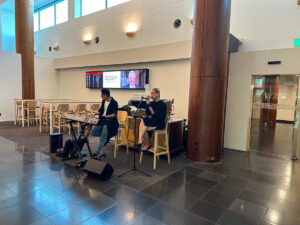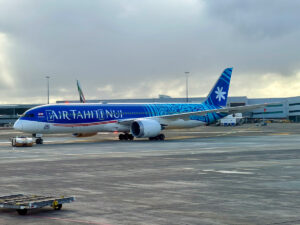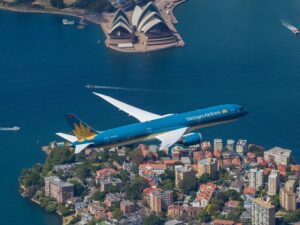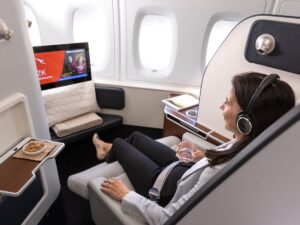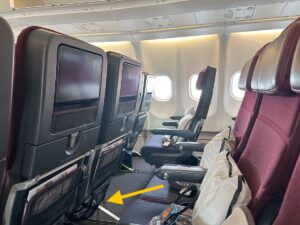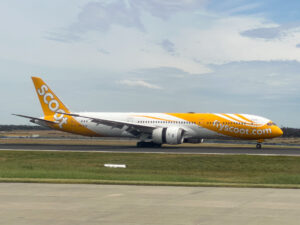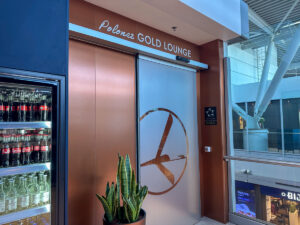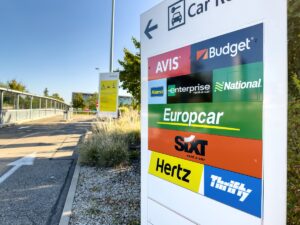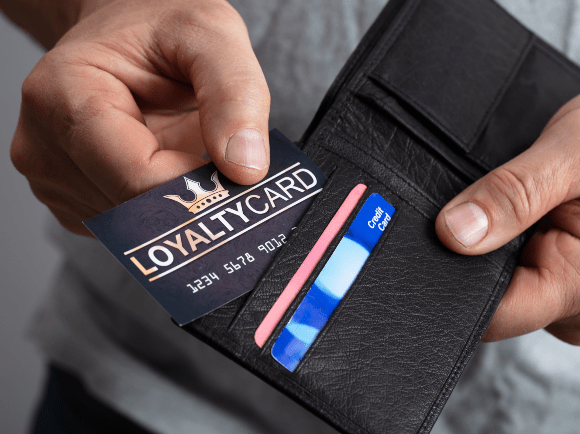
Public submissions in response to the draft report on loyalty schemes have now been published on the ACCC website. There were 22 submissions, including from Qantas, Virgin Australia, Woolworths and the operator of Flybuys – which run Australia’s four largest loyalty programs. Australian Frequent Flyer also made a submission to the inquiry.
Both Qantas and Virgin Australia, as expected, have staunchly defended their loyalty programs.
Virgin Australia has written about various changes it is voluntarily making to its privacy and communication policies on the back of the ACCC report. But both airlines claim they are following all their legal obligations and both deny that they sell member data. We have no reason to doubt that this is true.
Programs evolve over time
Both airlines have defended the need to make changes to their frequent flyer programs over time. For example, Virgin Australia writes:
Over time, the benefits of the Velocity program do need to be adjusted. Adjustments are necessary to allow Velocity to respond to changes in third party commercial terms, fluctuating costs and demand, and market forces, and to ensure that the cost of maintaining the Velocity program does not unreasonably increase out of step with the value that it delivers to the business and engaged members.
Virgin goes on to defend its recent announcement that it will increase carrier charges from 8 January 2020, saying that 3 months’ notice has been given and that the change is necessary in the context of the airline’s poor current financial performance.
Interestingly, Virgin’s response was not actually prepared by the airline – rather outsourced to a law firm.
Qantas partner airline earn rates
On Qantas Frequent Flyer earn rates, Qantas says:
Earn rates are determined by the Program Partner supplying the relevant product or service on which Qantas Points are earned. As such, Qantas only controls the earn rate for Qantas Group flights. While Qantas determines the redemption rates for Rewards, this decision is determined by considering a range of factors, including the cost of the relevant product or service.
If this was the case, why then does Qantas Frequent Flyer award significantly fewer points and status credits for Malaysia Airlines flights (and flights on various other airline partners) than other Oneworld frequent flyer programs?
In response to the complaint about booking classes not being shown on its website, Qantas says that it displays the number of points & status credits that will be earned when a customer selects a flight on its website. This is of course a good thing, but it doesn’t solve the problem of customers not knowing their “Flex” ticket to Las Vegas includes an American Airlines flight in a Discount Economy fare class.
Qantas on carrier charges
In its response to the ACCC, Qantas is very defensive of its carrier charges, which it is quick to point out “is not a fuel surcharge”. Qantas writes:
Carrier charges reflect amounts determined by the airline that form part of the fare, adjusted and monitored to reflect market conditions and varying demand, and mean the number of Points required for a Classic Flight Reward can remain relatively constant over time.
Qantas goes on to say:
As recognised in the Draft Report, Qantas takes active steps to ensure Members are made aware of the taxes and carrier charges that will apply to a Classic Flight Reward. For example, Qantas has invested heavily in upgrading its online booking engine to enable taxes and carrier charges to be displayed clearly and prominently during the booking process and prior to redemption of Points for the flight. An example of the new booking engine display is set out in Figure 2.5.1 below.
In the example that Qantas provides, the taxes & fees are indeed displayed below the number of points required for that particular reward seat from Sydney to Singapore. However, this type of webpage is only displayed when searching for point-to-point flights on routes that Qantas itself flies.
When searching for most Classic Flight Reward itineraries, particularly those involving international, multi-stop or partner airline flights, Qantas uses a different type of webpage which does not display the taxes & charges in the same way. In fact, in Qantas’ own screenshots in Appendix 1 of its response, the taxes & charges are not shown. A Qantas Frequent Flyer member would need to have sufficient points in their account to book the award in order to see this information. This is something that Qantas deliberately does, and we think it ought to be changed.
To read the full responses from Qantas, Virgin Australia or any of the other 20 respondents, head over to the ACCC website.
The ACCC’s final report is due at the end of this year.
Join the discussion on the Australian Frequent Flyer forum: ACCC slams loyalty schemes
